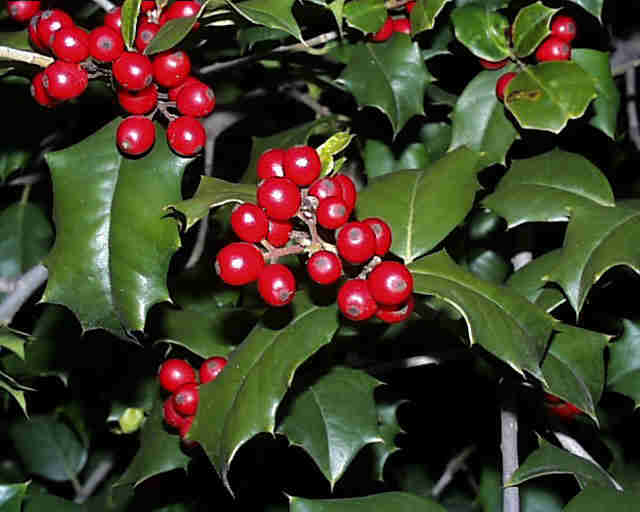Spread Floral Joy!
Elevate someone's day with a beautifully crafted flower bouquet fresh from our farms.
SHOP NOW
Elevate someone's day with a beautifully crafted flower bouquet fresh from our farms.
SHOP NOW